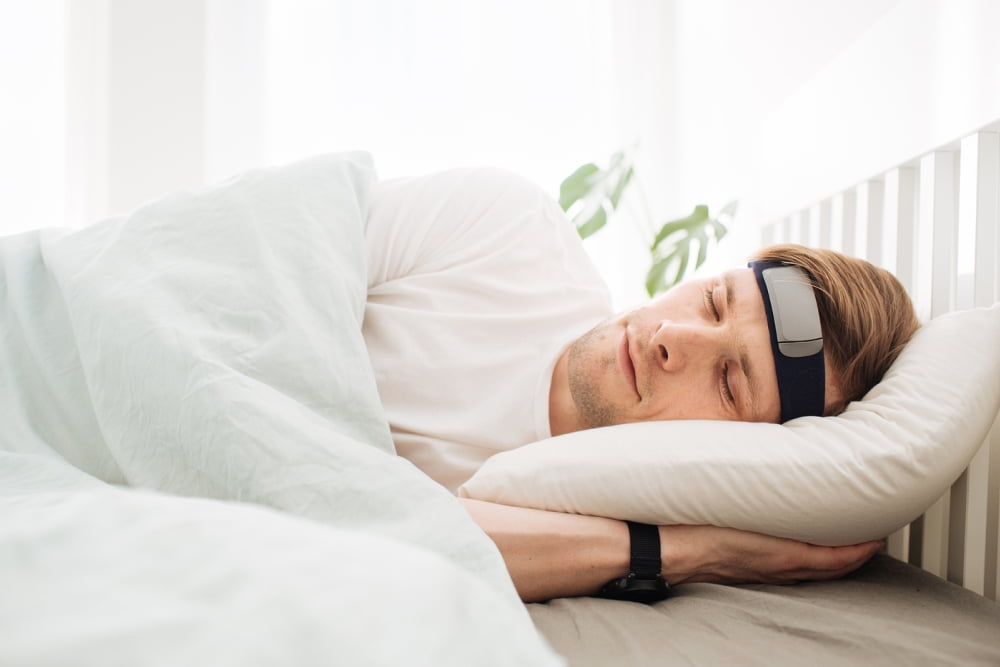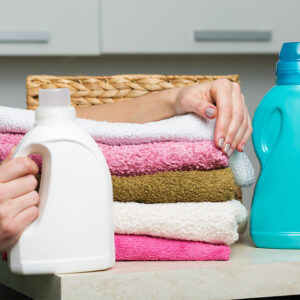13 easy tips for a healthy sleep cycle

Generally, eight hours of sound sleep is all one needs to ensure a productive and energetic day. Unfortunately, several people are observed to be suffering from some kind of sleep disorder. Sleep problems are linked to various health conditions, including type-2 diabetes, cholesterol, and cardiovascular diseases. Following a healthy sleep cycle is essential to enhance one’s overall well-being. So, here are 13 tips to follow for a healthy sleep cycle.
Set the environment for sleep
A conducive sleep environment is a prerequisite for undisturbed sleep throughout the night. For example, studies have shown that the pineal gland present in the brain secretes melatonin when exposed to the dark. Melatonin is the sleep hormone that facilitates drowsiness and sound sleep. So, it is advisable to sleep in a dark, cozy room with dim lights and thick curtains.
Avoid sleeping for long hours during the day
While taking a quick nap in the afternoon helps one feel refreshed to continue with work, sleeping for long hours during the day can reduce one’s sleep duration at night, affecting one’s sleep cycle. Therefore, it is important to limit one’s siestas by setting an alarm before napping and avoiding snoozing it.
Limit caffeine intake
Studies have demonstrated that 400 grams of caffeine taken even six hours before bedtime can disrupt one’s sleep considerably. Caffeinated beverages like tea and coffee have been shown to hamper sleep quality and duration, particularly when one has these beverages after sunset. It is important to limit or avoid caffeine, particularly before bedtime.
Rise early
While most people are familiar with the adage “Early to bed, early to rise…,” not many follow it meticulously. “Night owls” account for over 10% of the population in the country. Nightlife and a hectic work schedule aggravate one’s tendency to fall asleep during the wee hours of the morning and stay in bed till midday. It is important to correct one’s sleep schedule by rising early, so that one begins feeling sleepy early during the night. Moreover, one should ensure a healthy work-life balance, rejecting work assigned beyond their working hours so that one falls asleep on time and can establish a healthy sleep cycle.
Identify and eliminate stressors
Chronic stress has been shown to trigger sleep issues like insomnia, which typically diminish once the stressful event has passed. However, an increased frequency of such episodes can cause one to fall into a pattern of poor sleep, perpetuating an unhealthy sleep cycle. So, one should actively identify stressors like an unusually hectic work life or being overburdened by household chores. Moreover, one must find solutions to eliminate stressors to enhance sleep quality.
Limit the use of electronic devices
According to research, two hours of screen time in the evening can adversely affect one’s sleep schedule. Specifically, the blue light emitted by these gadgets causes the brain to mistake the night for the day, which reduces melatonin secretion. So, it is advisable to limit the use of electronic devices like smartphones and laptops and turn them off at least one hour before bedtime.
Have warm milk or chamomile tea before bedtime
Milk is an excellent source of tryptophan, an amino acid that promotes sound sleep. So, having a glass of warm milk at night can promote quality sleep and help one begin maintaining a healthy sleep cycle. In case of lactose intolerance, one may replace warm milk with other beverages associated with sound sleep, such as almond milk, chamomile tea, herbal tea, or decaffeinated green tea.
Address other health conditions
While an unhealthy sleep cycle is associated with the onset of health conditions, the prevalence of these conditions can further aggravate one’s sleep issues. For example, heartburn, which is characterized by a burning sensation in the chest or throat due to acid reflux, can make it extremely difficult to fall asleep and ensure a healthy sleep cycle. Those with heartburn should particularly avoid trigger foods like fried foods, fast foods, and fatty meats before bedtime to prevent the condition from aggravating. Similarly, individuals with type-2 diabetes, cholesterol, and cardiovascular diseases should take active measures to control the symptoms of these conditions.
Avoid a sedentary lifestyle
Studies have shown that a chronically sedentary lifestyle may affect the sleep cycle and cause sleep conditions like insomnia. Conversely, staying active during the day is linked to enhanced sleep quality and duration. It is important to stay active by engaging in cardio activities like walking, jogging, swimming, and cycling, as well as incorporating strength training exercises into one’s workout routine.
Limit sugar intake
Excess sugar intake can lead to imbalances of hormones like serotonin, cortisol, and melatonin, leading to increased sleep disturbances and hampered sleep quality. Studies have also found that a high-fructose meal plan often leads to reduced rapid eye movement (REM) sleep time, affecting one’s sleep cycle. So, one should limit the intake of added sugar, replacing it with natural sugar sources as much as possible.
Stay hydrated
One of the many functions of water is to regulate body temperature, which plays an essential role in promoting drowsiness. Therefore, going to bed hydrated can help one fall asleep faster. One may also incorporate healthy fluids like soups, fresh fruit juices, and coconut water throughout the day to keep the body hydrated.
Have fiber-rich foods
A meal plan low in fiber and high in saturated fats may significantly affect sleep quality and duration. It is a good idea to have high-fiber healthy foods like whole grains, beans, cruciferous vegetables, and lentils to facilitate a good night’s sleep.
Practice yoga and meditation
Yoga and meditation entail a world of benefits, including improved mindfulness, an increase in melatonin levels, and reduced sleep disturbance. Deep breathing, an essential part of yoga and meditation, is associated with inducing sleep and helping the body unwind for the day.











